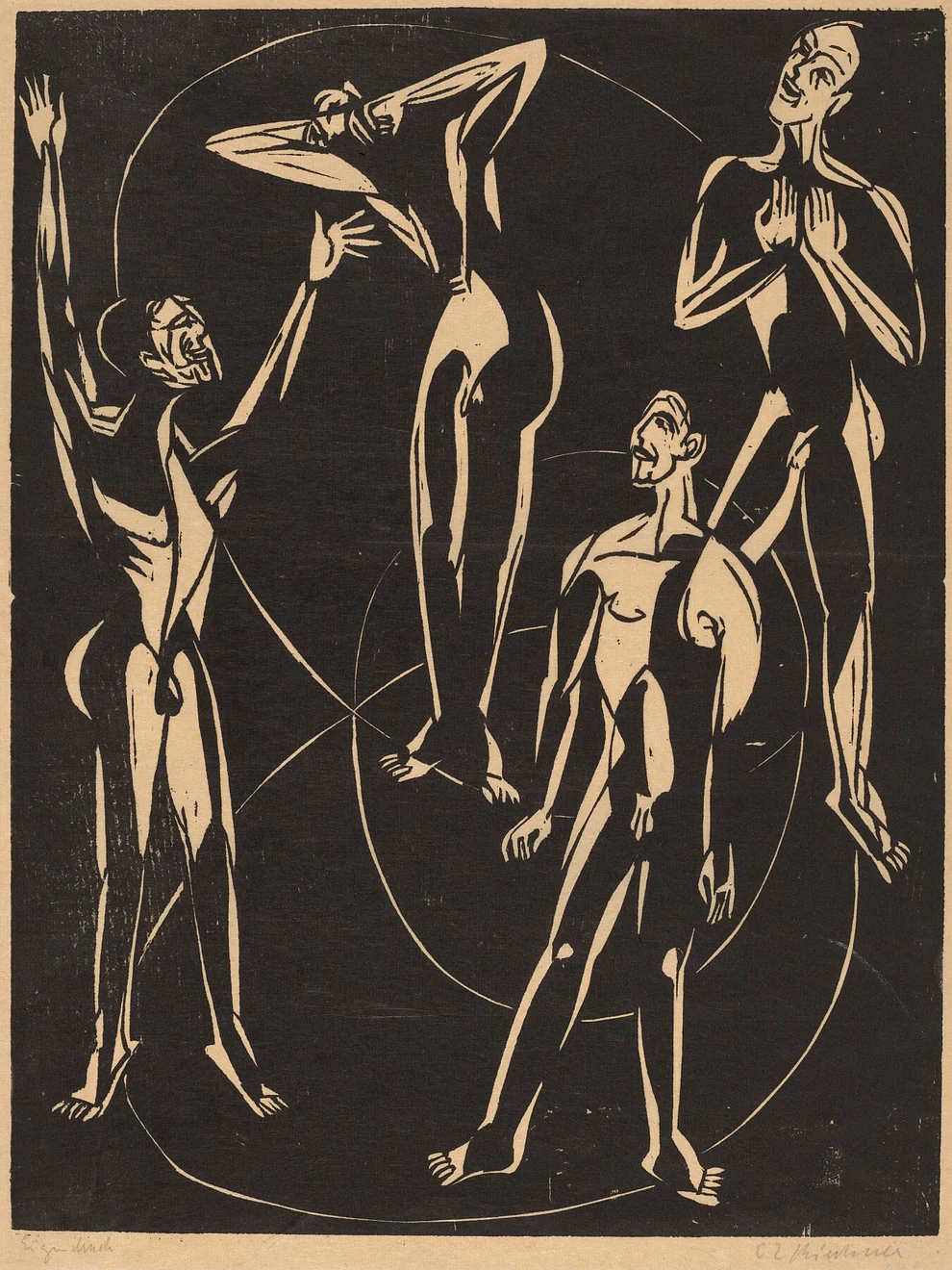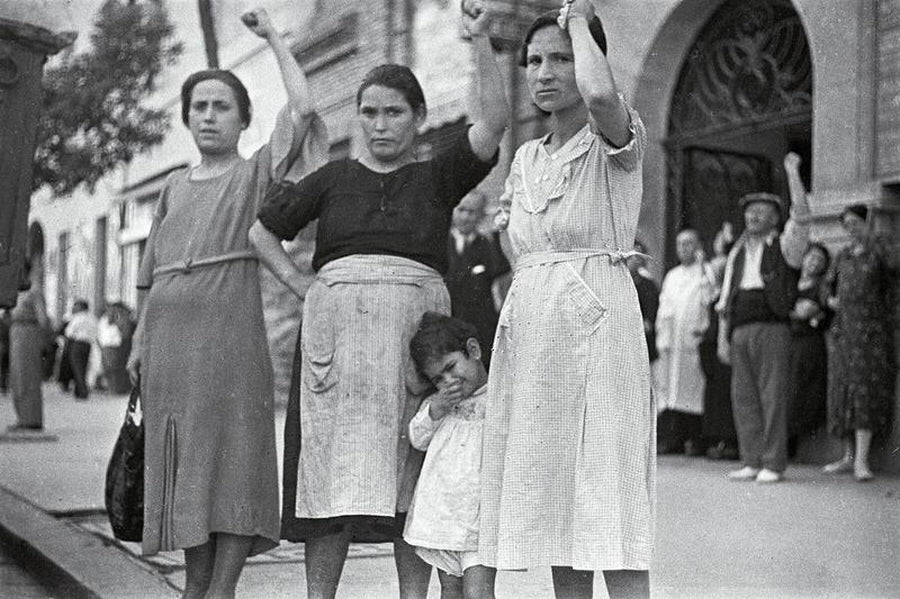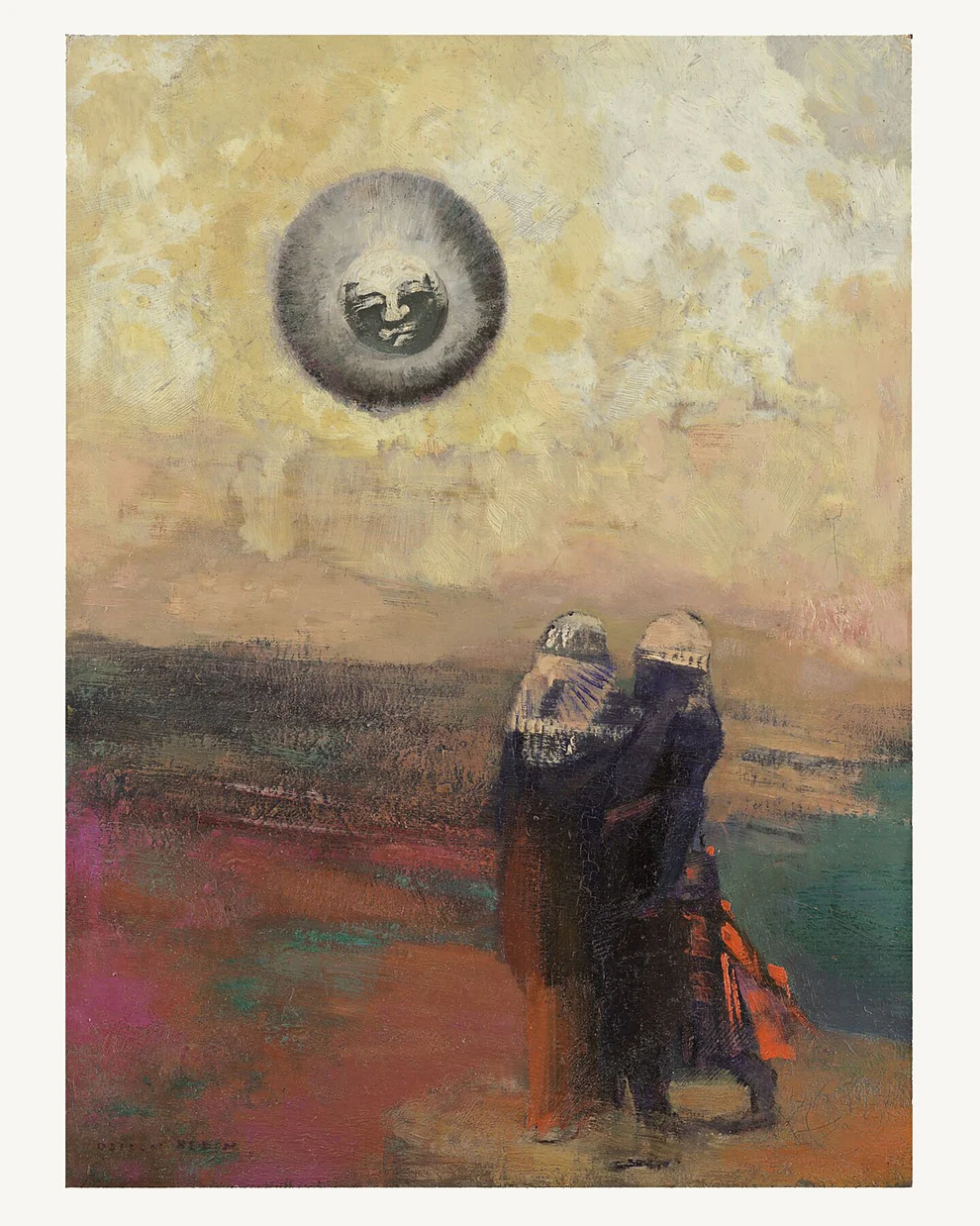“I do not want to choose between the right and wrong sides of the world, and I do not like a choice to be made. People don’t want one to be lucid and ironic. They say: ‘It shows you’re not nice.’ I can’t see how this follows.”
– Albert Camus, The Wrong and the Right Side, Lyrical and Critical Essays
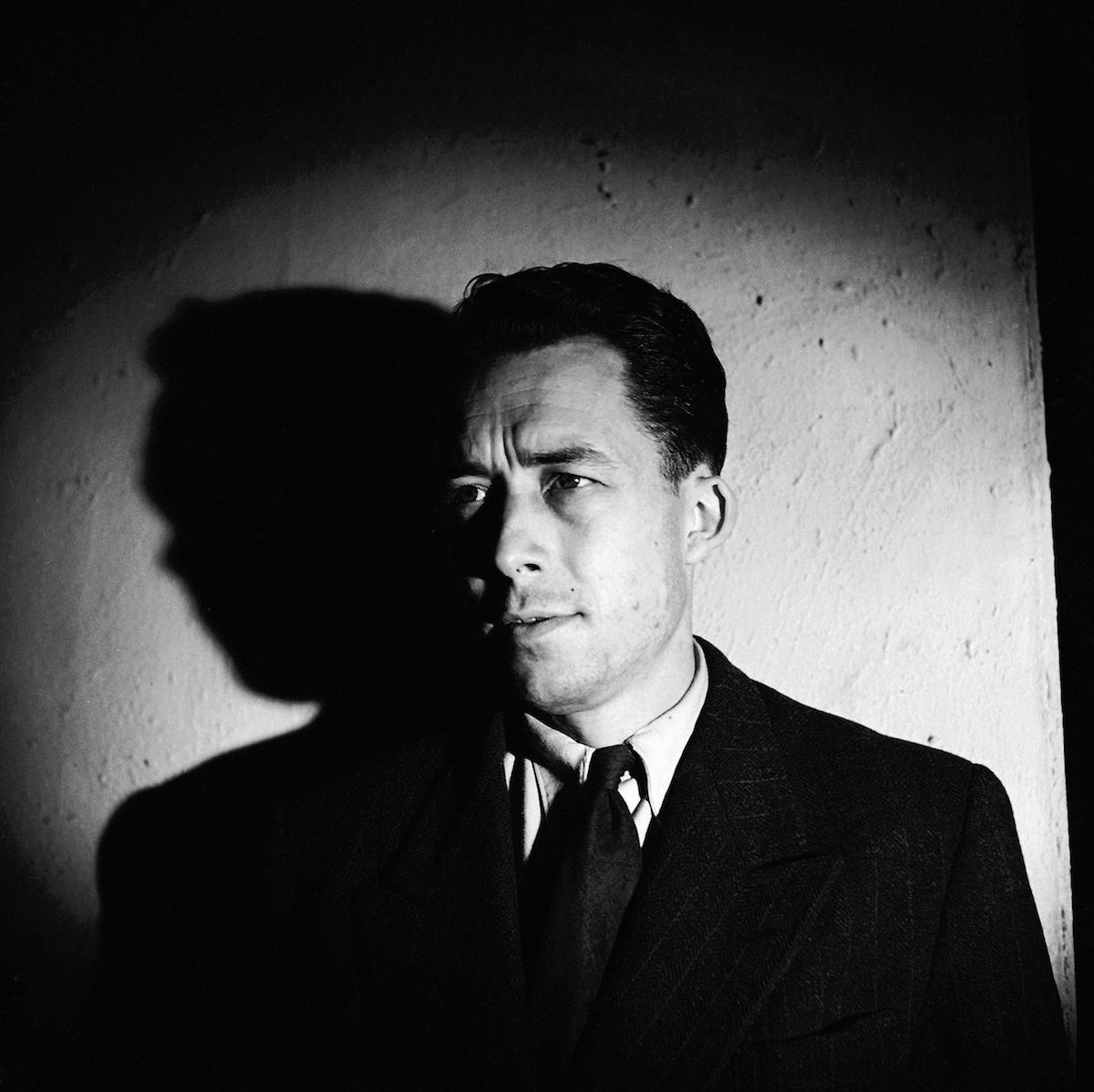
Albert Camus (November 7, 1913–January 4, 1960) wrote that time has no right side and no wrong side – “real generosity toward the future lies in giving all to the present.”
We often hear claims that self-declared good people are on the ‘right side of history‘, to be praised in books yet written. The opinion is part of what Camus recognises as the absurdity of the human condition. In The Wrong Side and the Right Side (also known as L’Envers et l’endroit; Betwixt and Between), the writer wonders how to reevaluate humanity and embrace life as we search for meaning, happiness and authenticity in a complex world full of contradictions and the limitations of human nature. How we should take care not to trap ourselves in principles held stronger than our character.
In the book’s Preface, Camus notes that having being raised a life of “poverty and sunlight” in Algeria, even “my revolts were lit up by the sun”. “These revolts,” he says, “were almost always… revolts on everyone’s behalf, aimed at lifting everybody’s life into the light.. Poverty prevented me from thinking all is well under the sun and in history; the sun taught me that history is not everything.”
Betwixt and Between was the first work Camus published under his own name, in Algiers in 1937 by Edmond Charlot. It consists of a series of essays on the Algerian district of Belcourt as well as on two trips, the first to the Balearic Islands and the second to Prague and Venice. The book was barely distributed during the war and did not take advantage of the success of The Stranger and The Myth of Sisyphus after it. It was reprinted in 1958, with a preface in which Camus takes stock of his work to date and critically judges his writing. Camus saw in this early work the source of all his thought: “I know that my source is in Betwixt and Between, in this world of poverty and light where I have lived for a long time and whose memory still preserves me from the two contrary dangers which threaten every artist, resentment and satisfaction.”
Camus writes:
Let me cut this minute from the cloth of time. Others leave a flower between pages, enclosing in them a walk where love has touched them with its wing. I walk too, but am caressed by a god. Life is short, and it is sinful to waste one’s time. They say I’m active. But being active is still wasting one’s time, if in doing one loses oneself. Today is a resting time, and my heart goes off in search of itself. If an anguish still clutches me, it’s when I feel this impalpable moment slip through my fingers like quicksilver. Let those who wish to turn their backs upon the world. I have nothing to complain of, since I can see myself being born. At the moment, my whole kingdom is of this world. This sun and these shadows, this warmth and this cold rising from the depths of the air: why wonder if something is dying or if men suffer, since everything is written on this window where the sun sheds its plenty as a greeting to my pity? I can say and in a moment I shall say that what counts is to be human and simple. No, what counts is to be true, and then everything fits in, humanity and simplicity. When am I truer than when I am the world? My cup brims over before I have time to desire. Eternity is there and I was hoping for it. What I wish for now is no longer happiness but simply awareness. …
One man contemplates and another digs his grave: how can we separate them? Men and their absurdity? But here is the smile of the heavens. The light swells and soon it will be summer. But here are the eyes and voices of those I must love. I hold onto the world with every gesture, to men with all my gratitude and pity. I do not want to choose between the right and wrong sides of the world, and I do not like a choice to be made. People don’t want one to be lucid and ironic. They say: “It shows you’re not nice.” I can’t see how this follows. Certainly, if I hear someone called an immoralist, my translation is that he needs to give himself an ethic; if I hear of another that he despises intelligence, I realize that he cannot bear his doubts. But this is because I don’t like people to cheat. The great courage is still to gaze as squarely at the light as at death. Besides, how can I define the link that leads from this all-consuming love of life to this secret despair? If I listen to the voice of irony, crouching underneath things, slowly it reveals itself. Winking its small, clear eye, it says: “Live as if…” In spite of much searching, this is all I know.
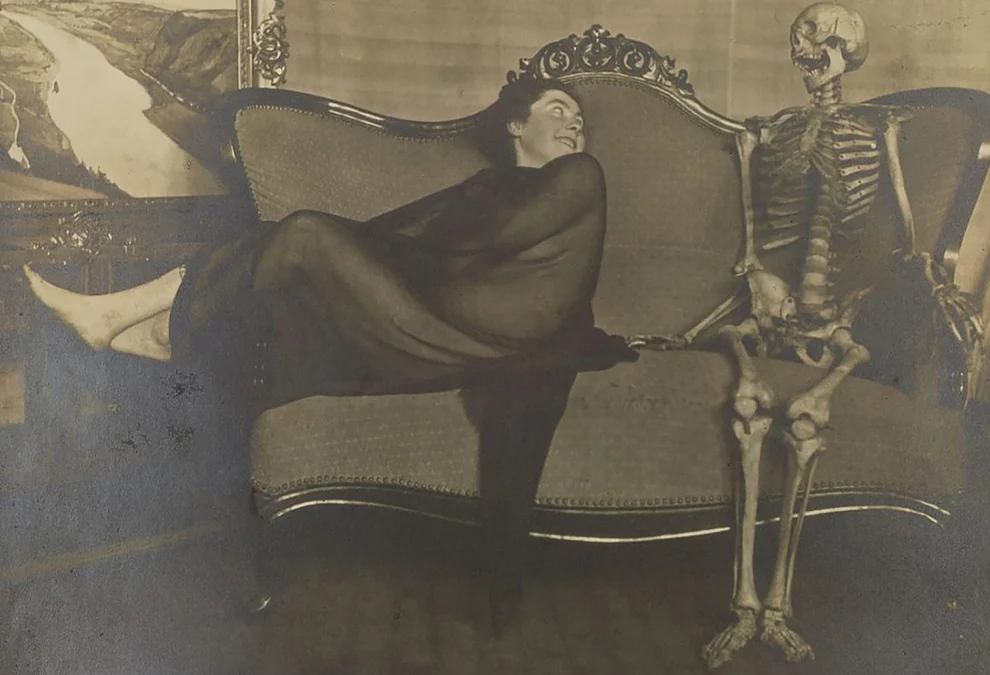
Narre Tod, Mein Spielgesell – Fool Death, My Playmate by Franz Fiedler Image 1 – c. 1922 – Postcard – buy it here.
As an addendum, perhaps it’s better to end on what Camus wrote in 1958 at the end to the book’s Preface:
Even later, when a serious illness temporarily deprived me of the natural vigor that always transfigured everything for me, in spite of the invisible infirmities and new weaknesses this illness brought, I may have known fear and discouragement, but never bitterness. The illness surely added new limitations, the hardest ones, to those I had already. In the end it encouraged that freedom of the heart, that slight detachment from human concerns, which has always saved me from resentment. Since living in Paris I have learned this is a royal privilege.
I’ve enjoyed it without restrictions or remorse, and until now at any rate, it has illuminated my whole life. As an artist, for example, I began by admiring others, which in a way is heaven on earth.
This theme of presence and commonality, Camus put a letter to the author Boris Pasternak:
We are asked to love or to hate such and such a country and such and such a people. But some of us feel too strongly our common humanity to make such a choice. Those who really love the Russian people, in gratitude for what they have never ceased to be — that world leaven which Tolstoy and Gorky speak of — do not wish for them success in power-politics, but rather want to spare them, after the ordeals of the past, a new and even more terrible bloodletting. So, too, with the American people, and with the peoples of unhappy Europe. This is the kind of elementary truth we are liable to forget amidst the furious passions of our time.
More from Albert Camus here.
Would you like to support Flashbak?
Please consider making a donation to our site. We don't want to rely on ads to bring you the best of visual culture. You can also support us by signing up to our Mailing List. And you can also follow us on Facebook, Instagram and Twitter. For great art and culture delivered to your door, visit our shop.

